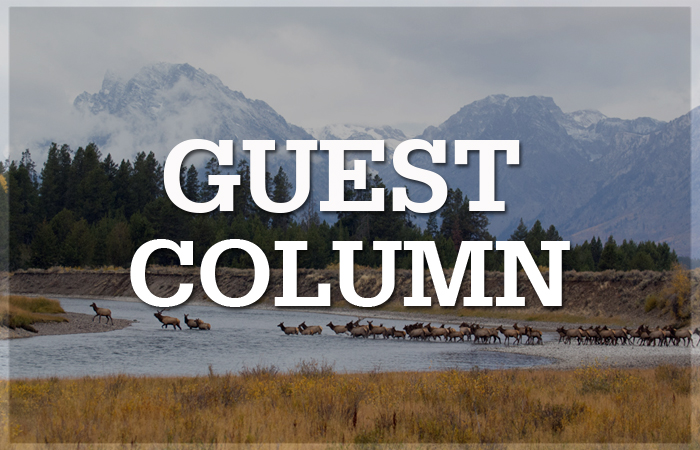
Stretch mental bandwidth to pay attention
by Gary Hawk
from Missoulian
July 14, 2016
In active retirement I decided to devote a portion of my time to volunteer work. This includes participation in an organization deeply concerned about our changing climate and its consequences. The other day I drove to the Missoula Public Library where our group sometimes meets. At 5:15 p.m. I ran against the tide of the day’s going-home traffic. Even though I was in a hurry to be on time I studied the faces of the drivers in the flow of oncoming traffic. People looked tired and harried. I tried to imagine the internal conversations: What will I fix for dinner Are the kids safe? How am I going to make that loan payment? How will I cope with houseguests?
It seemed as if people’s mental bandwidth was entirely crammed and there was no room for an additional concern. As hard as it is to stretch our bandwidth, out of concern for our overall well-being I ask us to devote a portion of our attention to signs and signals that we are tempted to cast out of our field of view. Notice when our rivers release the clamp of ice and the mountains their snows. Consider when our blue ribbons of life become unfishable because of low water, heat and algae. Don’t overlook the day when grasshoppers rise from our fields. Take note of when mounts Sentinel and Jumbo lose their green wash of color and the wildflowers begin to desiccate. Notice when the robins are returning to our skies and that there are subtle shifts in avian migration, perhaps that we do not see a black tern, a longspur or a Swainson’s hawk where we have always found them. Notice how we have added a fifth season to our four, referring almost casually to “smoke season,” or the increase in respiratory distress among friends and family members. Take note of when our trees bloom, shed their blossoms, and on what day they show signs of stress due to drought. See that people from Texas, Arizona, California, and Japan have adjusted their vacation schedules so as to visit Montana earlier in the summer, hoping to avoid our fires.
Like the proverbial frog in a pot of warming water, we humans are so good at adjusting ourselves to changes in our environment that we miss the meaning of subtle changes and what they portend. In this case, we are adjusting ourselves to changes in our physical environment that presage dramatic, costly, socially disruptive events to come.
What then must we do?
At the very least we need to ask ourselves a few questions and ponder their answers. We need to find the courage to ask what choices are likely to improve our future and that of our children in a warming world, and the parallel, what choices are likely to exacerbate the problems we already see. These choices surely present themselves as immediately as the next legislative session, as soon as we make the next purchase at the grocery or hardware store, as immediately as whom we choose to elect in November. We need to find the courage to ask ourselves if we are willing to place our trust in someone who makes promises no mortal can fulfill, who promises to assume responsibility for our future while absolving us of responsibility for it, or who distracts us from our most grave challenges. Or, will we deepen our trust in democracy and dialogue, risk difficult conversations about what we value most, committing ourselves to solve our collective problems?
On some level we are all sensitive to the changing face of nature in western Montana, as well as sensitive to shifts in our relations with each other, especially a tendency to harden the arguments of those with whom we agree. Our times call us to pay attention to the margins of that sometimes-small circle. This is a time to remember that there will be no well-being for us or our children if we do not consider the foundations of our life together, the living systems and rhythms on which life depends, as well as the conversations we are willing to have with each other about what we value, not just what we fear, or hope vainly, to escape.
After retiring from the University of Montana, Gary W. Hawk continues to write poems and express himself in wood. Though there are several fine organizations in Missoula concerned about climate change, he belongs to 350 Missoula.